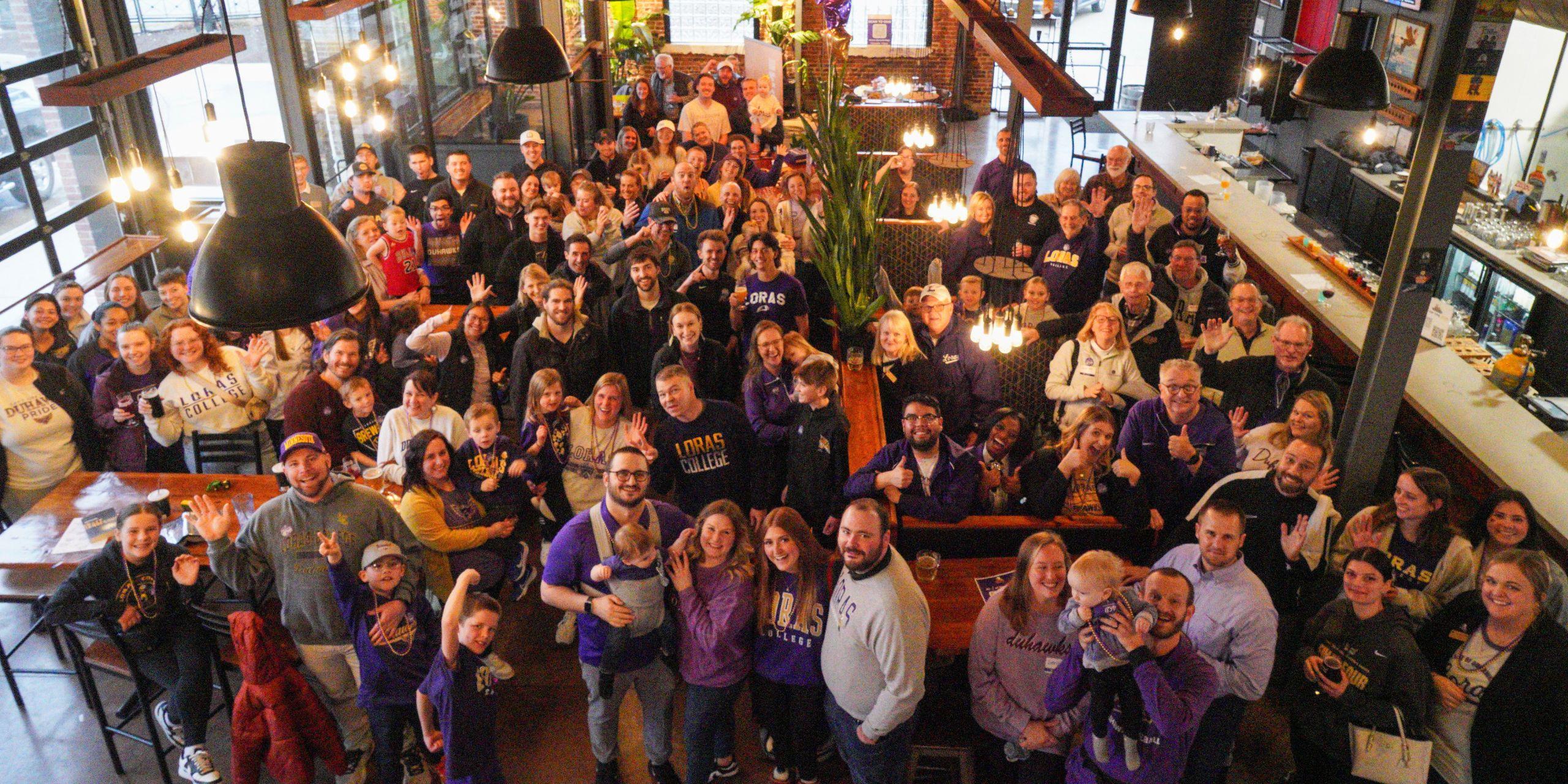I still remember the first time I walked into Mall of Asia Arena on a Thursday morning, the air buzzing with anticipation for a match that would later that day fill those very stands with roaring crowds. It struck me then how this modern cathedral of sport connects us to a history much older than its concrete foundations. The story of when modern soccer was invented isn't just about dates and rulebooks—it's about understanding why this game captivates billions today. As someone who's studied sports history for over fifteen years, I've come to appreciate that the official birth of modern soccer in 1863 wasn't so much an invention as it was an evolution, a moment when chaos began transforming into the beautiful game we know today.
The conventional narrative pins soccer's creation to that famous October 26, 1863 meeting at Freemasons' Tavern in London, but the truth is far more fascinating. What many don't realize is that football-like games date back over 3,000 years, with evidence found in ancient China, Greece, and Mesoamerica. The Cambridge Rules of 1848 attempted to standardize play among English universities, but it was that pivotal 1863 gathering that truly separated soccer from rugby by banning handling of the ball. I've always found it remarkable how this decision—made by just twelve clubs—would eventually shape global sports culture. The Football Association's original handwritten rules, which I've had the privilege of examining at the British Library, show fascinating compromises, like the allowance for "fair catches" that would later disappear entirely.
What fascinates me most about soccer's evolution is how it mirrored industrial society's transformation. The 1863 rules emerged precisely when factory work was creating the need for structured leisure time. Urbanization packed people into cities, and soccer became the perfect outlet—requiring minimal equipment but offering maximum camaraderie. I've tracked how within just 40 years of that first meeting, soccer exploded from those twelve clubs to over 10,000 registered teams in England alone. The sport's standardization coincided perfectly with railway expansion, allowing teams to travel and competitions to form. This wasn't accidental timing—it was the right idea at the perfect historical moment.
The global spread happened faster than most people realize. By 1867, just four years after the rules were codified, British sailors had introduced the game to Argentina. The first international match between Scotland and England in 1872 drew over 4,000 spectators—astonishing for what was essentially an experimental sport. I've always been particularly drawn to how different cultures adapted the game. Brazil developed its distinctive style through British railway workers teaching the game to locals in São Paulo, while Austria's passion began when English gardeners introduced it to nobility. This organic globalization contrasts sharply with how many American sports developed, and in my view, it's precisely why soccer feels universally owned rather than imposed.
Fast forward to that September morning at Mall of Asia Arena, where modern soccer's legacy was on full display. The 10 a.m. start time felt symbolic—early enough for dedicated fans, yet part of a scheduling system that would have been impossible before global broadcast agreements. The arena itself represents how far the game has come from muddy fields to climate-controlled stadiums hosting international tournaments. What struck me watching the warm-ups was how the fundamentals remain unchanged—the spherical ball, the goals, the basic objective—despite all the technological advancements. In many ways, today's elite players are executing refined versions of what those Victorian gentlemen envisioned, just with better nutrition and training methods.
Understanding soccer's origins matters because it helps us appreciate the game's deeper cultural significance. When I see debates about VAR technology or financial fair play regulations, I'm reminded of those early rule-making meetings where compromise was essential. The sport's history shows us that innovation and tradition have always coexisted—the crossbar wasn't introduced until 1875, and the penalty kick didn't appear until 1891. Even the iconic black and white ball only became standard in the 1970s. These evolutions continue today with goal-line technology and sustainability initiatives, yet the soul of the game remains recognizable from its 19th century roots.
Sitting in that Manila arena, watching players from multiple continents warm up, I realized modern soccer's true invention wasn't the rules themselves but the concept of universal play. The 1863 meeting didn't just create a sport—it created a global language. From London pubs to Manila arenas, we're all participating in the same continuous conversation that began over 150 years ago. The game's power comes from this shared heritage, this understanding that whether you're playing on a professional pitch or a dirt lot, you're connected to something much larger. That Thursday morning match reminded me why I fell in love with sports history—not just for the facts and dates, but for the living, breathing tradition that continues to evolve while staying true to its essence.




